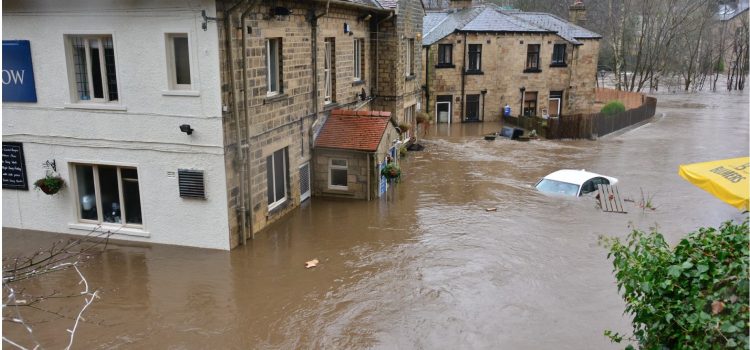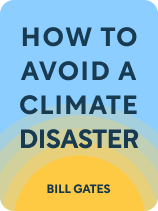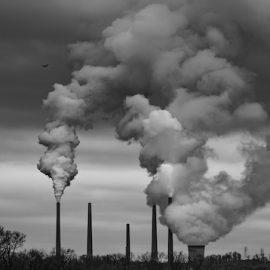

This article is an excerpt from the Shortform book guide to "How to Avoid a Climate Disaster" by Bill Gates. Shortform has the world's best summaries and analyses of books you should be reading.
Like this article? Sign up for a free trial here.
How does global warming affect the weather? What is the relationship between climate change and extreme weather events?
As global temperatures escalate, extreme weather fluctuations become more frequent. In some parts of the world, drastic weather events due to global warming are already wreaking havoc on people’s livelihoods.
Here’s how global warming affects global weather patterns.
The Rising Frequency of Extreme Weather Events
How does global warming affect the weather? The warmer atmosphere has caused long-term temperature and weather shifts, also known as climate change. For example, we now experience more frequent and intense heat waves, droughts, wildfires, and storms. By the year 2050, Gates cautions that billions of people will personally experience the destruction of wildfires, drinking water shortages, or property damage from heavy storms and flooding.
The relationship between climate change and extreme weather events is difficult for scientists to pinpoint because it’s impossible to know how extreme individual weather events would have been without climate change. However, scientists can gain insight into how climate change is shifting the frequency of extreme weather by comparing the likelihood of extreme weather events under baseline conditions (in other words, in a world without climate change) to their actual occurrence. For example, in the summer of 2021, the temperature in Portland, Oregon reached 116 degrees Fahrenheit. Researchers estimate that such extreme heat would only be expected 0.1% of the time in a normal year.
As temperatures continue to warm, we’ll likely see extreme temperatures much more frequently than probability would suggest—further evidence that climate change is creating a new threshold for extreme weather. For instance, between 2021 and 2022, 229 weather events caused over a billion dollars of damage each in the United States. In contrast, there were only 94 such natural disasters between 1980 and 2001.

———End of Preview———
Like what you just read? Read the rest of the world's best book summary and analysis of Bill Gates's "How to Avoid a Climate Disaster" at Shortform.
Here's what you'll find in our full How to Avoid a Climate Disaster summary:
- Bill Gates's technology-based strategies for reducing global carbon emissions
- The challenges and limitations that come with fighting climate change
- The roles governments, private entities, and individuals must play to save the planet






